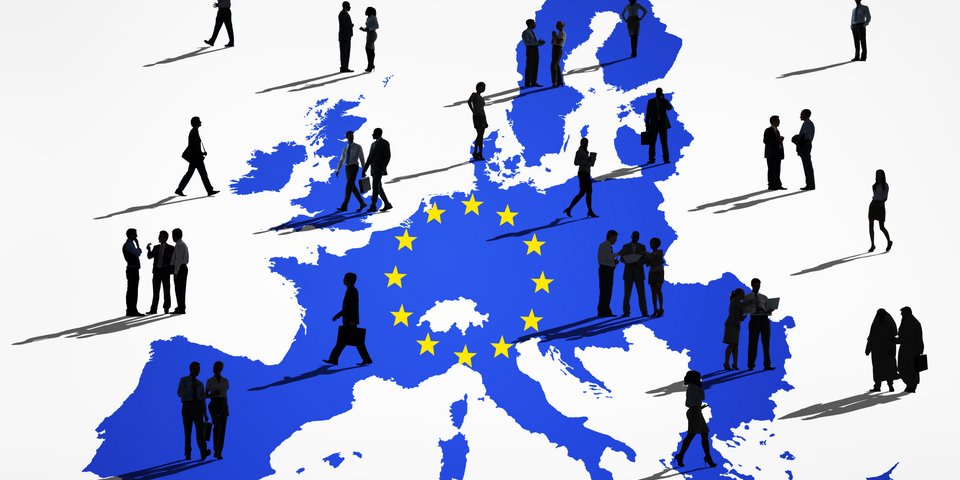 Rawpixel Ltd
Rawpixel LtdShaping the future
Fairness issues can score.
IF – 02/2022
Around
200 European citizens will meet in Dublin at the end of February as part of the
conference on the “Future of Europe”. The European citizens' panel for "A
stronger economy, social justice and jobs / training, culture, youth and sport
/ digital transformation" has already met twice to work on the final
recommendations - once in September 2021 in Strasbourg and once online in
November 2022.
Employment and social together
The five
main working areas for the committees are: “Working in Europe," "An
economy for the future," "A just society," "Training in
Europe," and "An ethical and secure digital transformation."
Once finalised, the recommendations will be discussed at the conference’s
plenary session that will be held on March 11th & 12th.
A right of equality
The
November meeting regarding the action plan for the European Pillar of Social
Rights resulted in various proposals being made. The citizens and therefore the
member countries are obliged to actually implement the measures included in
them. Many want real gender equality and entitlement to an equal salary and
transparency also has a significant importance.
The committees also agreed that equal opportunities should apply to everyone,
regardless of age, gender, sexual orientation, religion or people with
disabilities. A more inclusive Europe is the desire here.
The
session will take place with the panellists physically present and in full
compliance with the public health measures in place in Ireland. Hybrid
facilities will also be available for remote connection by the participants.
Smart working - the byword for the modern working mode?
Our way
of working has been turned upside down since the pandemic started. Whereas
people working in home offices used to be exotic, this is now considered a
common form of work. At its last meeting, the committee addressed the conflict
between professional and private lives. Smart working, generally working more
independently with a lighter workload and less technical support, is said to be
on the rise. Smart working can spread in established
companies as well as being practised by individuals (i.e. the self-employed).
Consequently,
the panel has called for the harmonisation of smart working regulations at
European level and verification of compliance as well as a reduction in working
hours and an increase in efficiency through technology. More far-reaching would
be a demand for harmonisation of "smart working" at European level by
officially defining the working hours, availability and rest periods (right to
be unavailable) and verifying compliance. However, as these are only
suggestions, there will certainly still be a need for discussion here.
You can find the details
about the proposals here.
